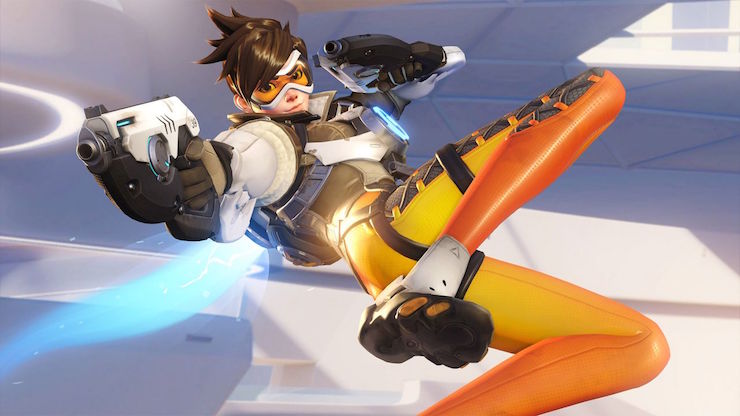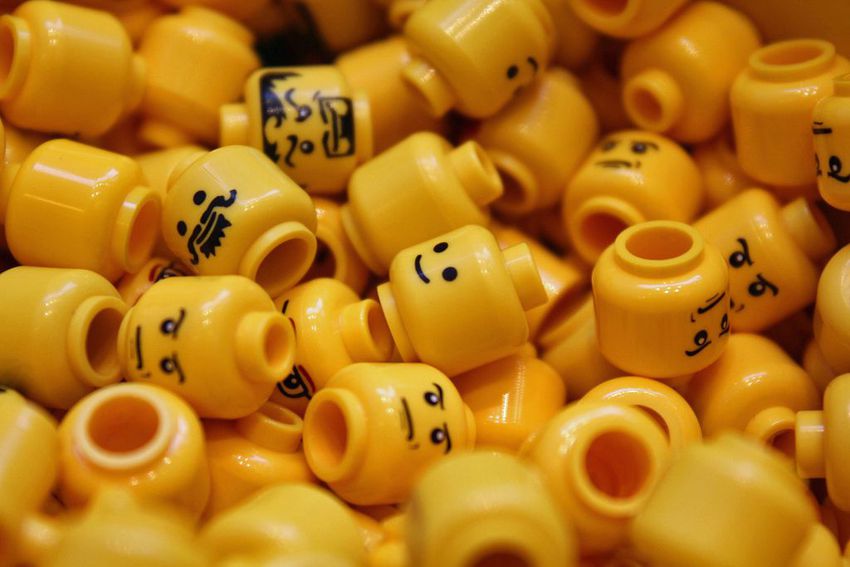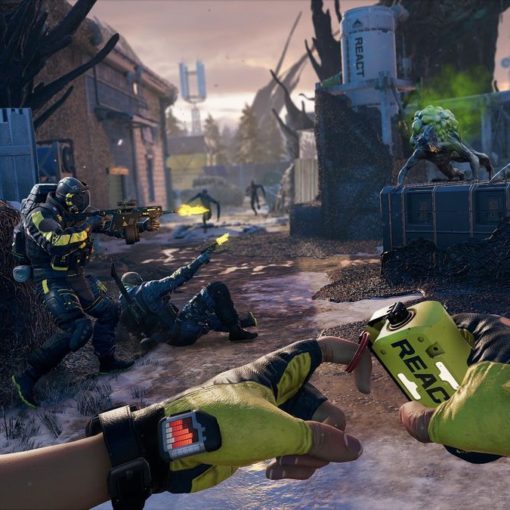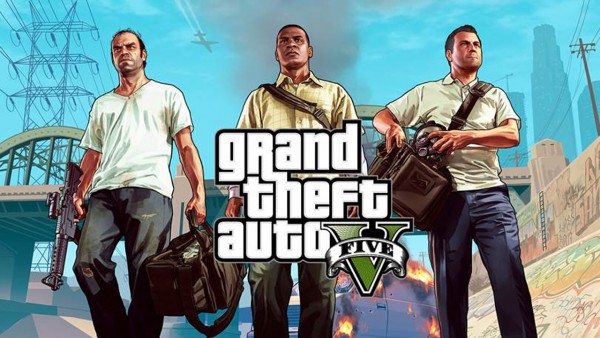Recently Jessica Lachenal at The Mary Sue wrote a post about what The Mary Sue means to her. She was preceded by many contributors and readers doing the same, and they talked about topics ranging from (finally) getting paid for one’s work to the importance of positive fan reaction. It is touching to read about someone’s labor of love, and it hits particularly close to home to read about Lachenal’s reaction to reading responses by people who care about her work. The positive feedback may not be as common as the death threats, insults, and criticisms, but they do make all the work worth it. With this in mind, I wanted to write a short reflection on my time with Not Your Mama’s Gamer, what this work and this group means to me, and what it means to me that we have readers who support what we do.
Over five years ago, Sam and I decided to start NYMG. Our goal was simple, though important: become advocates and activists working to make the industry we study academically (video games) a better place for everyone. Personally my own reasons for doing this range from selfish; I love studying games and wanted to make that my life’s work; to semi-selfish; I love games and don’t want to see them homogenized out of existence; to less selfish; once I saw how bad it was for women (and people of color, and non binary folks, etc) in the games industry, I knew something had to be done. I don’t think it’s as mysterious as a calling, but I’d like to think that most academics choose to do something they honestly believe matters on a deep level. Literature matter, as literature long has been one of the most powerful cultural and artistic influences on the world. It’s hard to find any great historical figure that doesn’t have a quote about how important poetry is, to a depth of mind, a depth of spirit, and to humanity. Biology matters. Computer forensics matters. Games matter, deeply, to me.
NYMG has had many writers and podcasters come and go over the years. But without exception we have had brilliant contributors who brought something unique and needed to the conversation. We have tirelessly fought to make the game industry more fair and equitable as well as force the community to face the dangers of its own isolationist, racist, and sexist behavior. No, it’s not ok to only have white male protagonists. No, it’s not ok to have only male developers. No, it’s not ok to make all transgender people in games the villains. It’s not ok because games belong to us all and should reflect the reality of the many. Without diversity games as we know them will die. Play will never die, of course, but the power and possibility of video and board games will absolutely perish.
It’s hasn’t just been about telling the industry and community what not to do either. Sam and Alisha created their Invisibility Blues series. Many of my posts have focused on positive things the game industry and community has done in an attempt to help guide creators to emulate them. I believe we have productively added to this incredibly rich and important space, and I can only hope that as long as I’m able to put my thoughts down on paper, so to speak, that I will continue to be a positive influence.
To me, video games have taken their place alongside the great arts. Games bring us back to instinctual humanity where we act, without thought. We play; like puppies, like birds, like babies. There is an innocence in play, and there is something very healing about it. I’ve read that you inherently like someone you have played a game with, even if they beat you, because you trust them; you trust them to play by the rules; you trust them to share a world with you and not spoil it (McGonigal). The greatness of play and games, however, is in jeopardy. Along the way a group of men and boys decided that this very basic human trait was only for people who looked like them and who thought like them. Like literature when it was written only in languages the aristocracy could read or paintings that lived in the houses of the rich, games somehow became the purview of the few. I want to spend every day of my career fighting against this. In a world that is disgusting, angry, violent, and unfair, I see play as a tiny piece of joy that can belong to everyone. And that is why NYMG means so much to me: we say loudly and without apology, “games are for everyone.”




